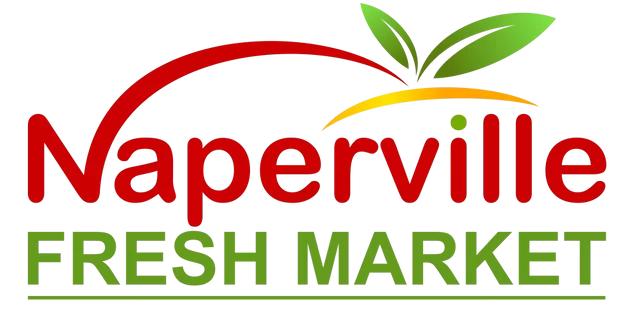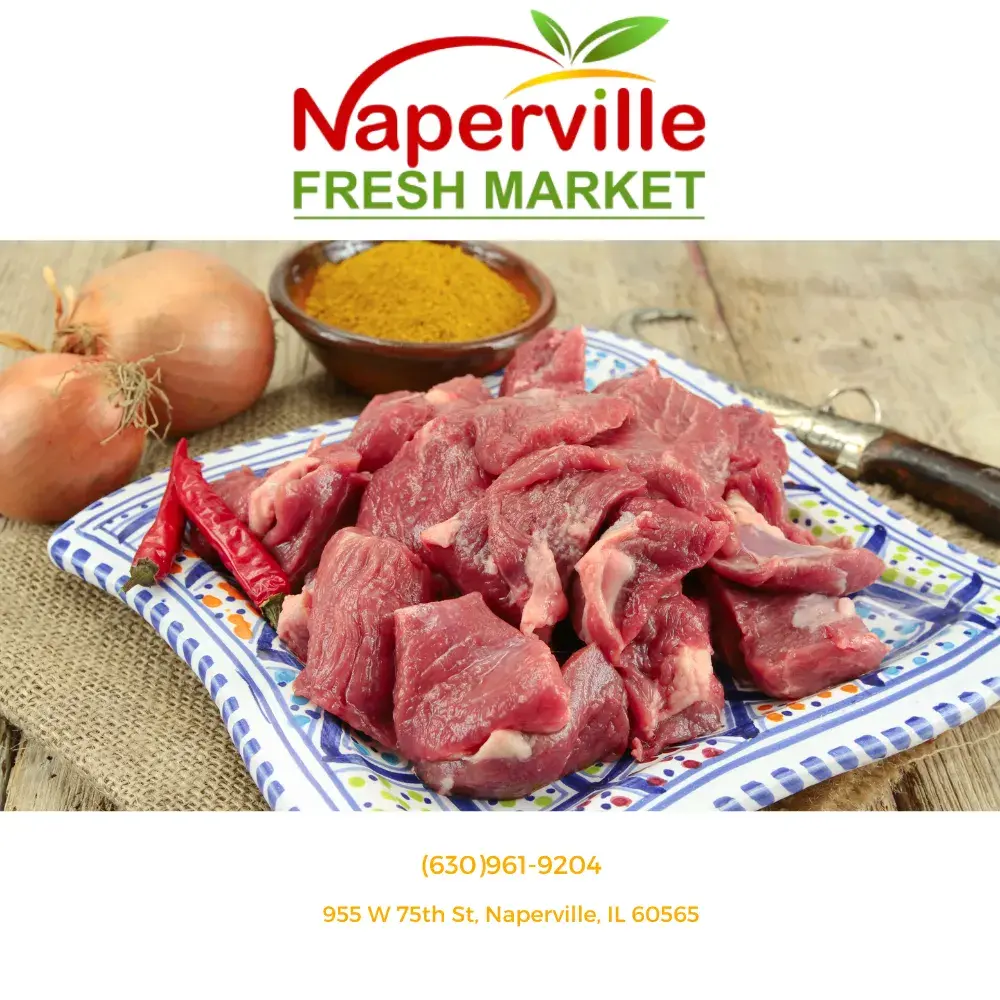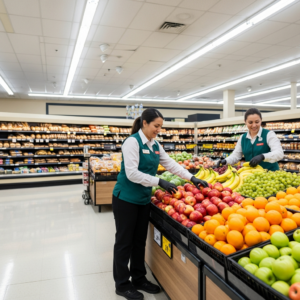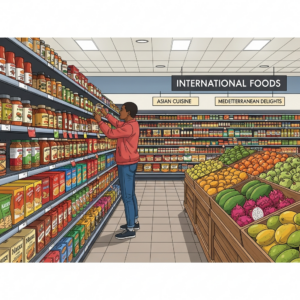The growing partnership between supermarkets and halal-certified farms highlights a commitment to providing high-quality, ethically sourced Halal meat. This relationship benefits both consumers and retailers by ensuring transparency and sustainability in the food supply chain.
Ensuring Compliance with Halal Standards
Collaborating with halal-certified farms allows supermarkets to meet the strict dietary guidelines required for Halal meat. These farms adhere to precise protocols, from animal welfare to slaughtering methods, ensuring compliance with religious practices. Supermarkets benefit by offering products that align with these standards, fostering trust among their customers.
Enhancing Product Quality and Safety
Halal-certified farms are known for their stringent quality control measures. By sourcing meat from these farms, supermarkets can guarantee their customers access to fresh, high-quality products. The focus on hygiene, proper handling, and sustainable farming practices contributes to a safer food supply, which appeals to health-conscious consumers.
Strengthening Consumer Loyalty
Modern shoppers value transparency and ethical sourcing, especially when it comes to their dietary preferences. Supermarkets that partner with halal-certified farms position themselves as trustworthy providers of authentic Halal meat. This strategy not only attracts a diverse customer base but also strengthens long-term loyalty by addressing consumers’ cultural and ethical considerations.
Advancing Sustainability Goals
Many halal-certified farms integrate environmentally friendly practices into their operations, from reducing waste to conserving natural resources. By forming partnerships with these farms, supermarkets support sustainability initiatives while providing ethically sourced Halal meat. This alignment with eco-conscious values enhances the supermarket’s reputation and contributes to a more sustainable food ecosystem.
Learn More
How Supermarkets Partner with Halal-Certified Farms for Better Quality Meat




